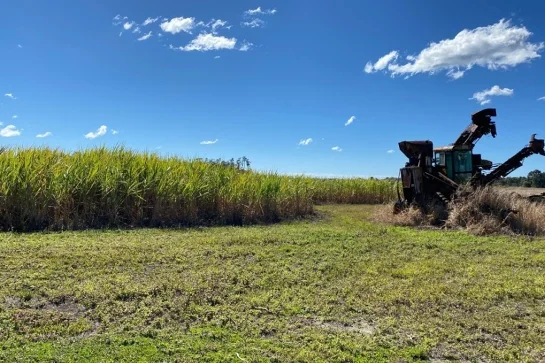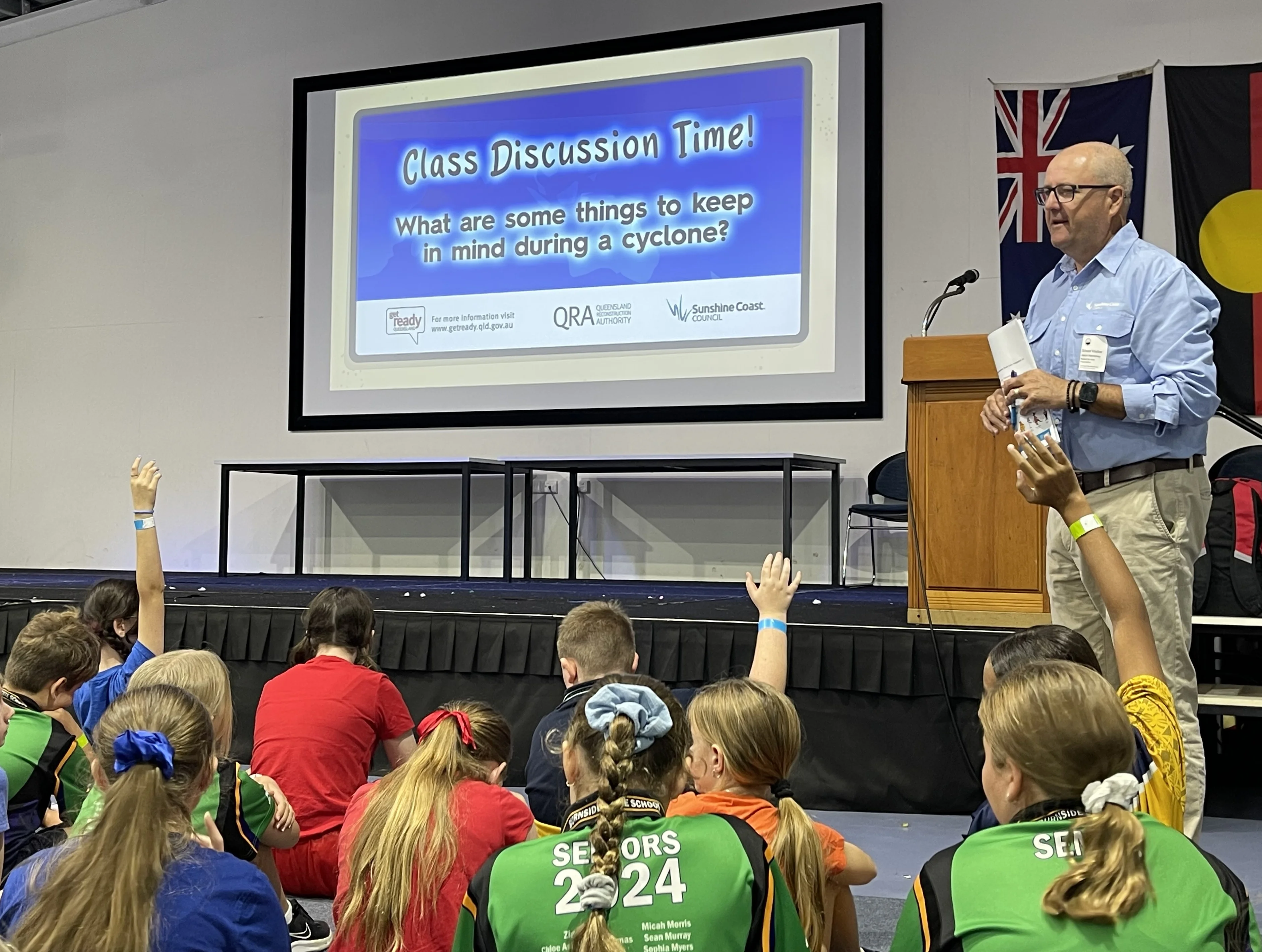A team of undergraduate students studying the Bachelor of Design Computing – Andrew Nguyen Le, Claire Say and Viswajith Unnikrishnan – from the School of Architecture, Design and Planning, undertook an interdisciplinary collaboration with a team from the Children’s Hospital at Westmead (CHW) and Children’s Hospital at Westmead Clinical School to develop a workshop module involving interactive and discovery-based learning.
The collaboration aimed to augment learning opportunities for Sydney Medical Program students and ensure equity for rural-based students. The previous version of the teaching used an outdated module and specimens from cadavers – a scarce, fragile teaching resource.
To tackle these issues, the cadaveric specimens were re-created with CT scanning and printed as three-dimensional (3D) models at the EPIC Lab in the Children’s Hospital at Westmead. The original teaching was redesigned and rewritten, ready for the students to develop as an innovative eLearning resource.
These 3D-printed models and the eLearning resource were used to:
(1) expand the utility and extend the lifespan of cadaveric samples
(2) reduce dependence on fragile cadaveric samples as educational resources
(3) augment student learning and increase engagement
The partnership enabled collaboration on an authentic industry project. The students, with supervision from Liam Bray (Director, Design Computing) and Dr Erez Nusem (Director, Master of Design), developed a web-based platform that facilitated teaching through self-directed activities, case studies and interactive 3D imaging.
The workshop module and 3D printed hearts, which enabled teaching to continue within the COVID-19 environment, are now being implemented at teaching sites in Dubbo, Orange and Lismore to extend this teaching to medical students in rural areas.
Project leads Karen Scott and Hasantha Gunasekera reflected: “This redesign has enabled us to continue this workshop during COVID-19 but also to significantly improve it. The only complaint we have from students is that they want more!”
The students engaged with an inter-disciplinary group of stakeholders to deliver this real-world project, including biomedical engineer Dr Tegan Cheng (EPIC Lab, CHW), junior doctor and project manager Dr Jack Luxford (CHW), A/Prof Karen Scott (Sydney Medical School) and A/Prof Hasantha Gunasekera (CHW, Sydney Medical School).
The students’ final design was presented at the Sydney Medical School MD2020 Education Showcase, and was described by the organiser A/Prof Annette Burgess as, “a highlight of the MD2020 Education Showcase – it was great to see the educational innovations resulting from collaboration with students across disciplines and Schools.”
This work was undertaken as part of the following grant: Improving interactivity and educational equity with 3D-printed cadaveric hearts, Scott K, Gunasekera H, Cheng T, Askwith J, Nusem E, Bray L, Clarke J, Cayanan E, Croker S, Edwards K, Anderson J, Winlaw D, DVC Education/Small Educational Innovation Grant (2020).







